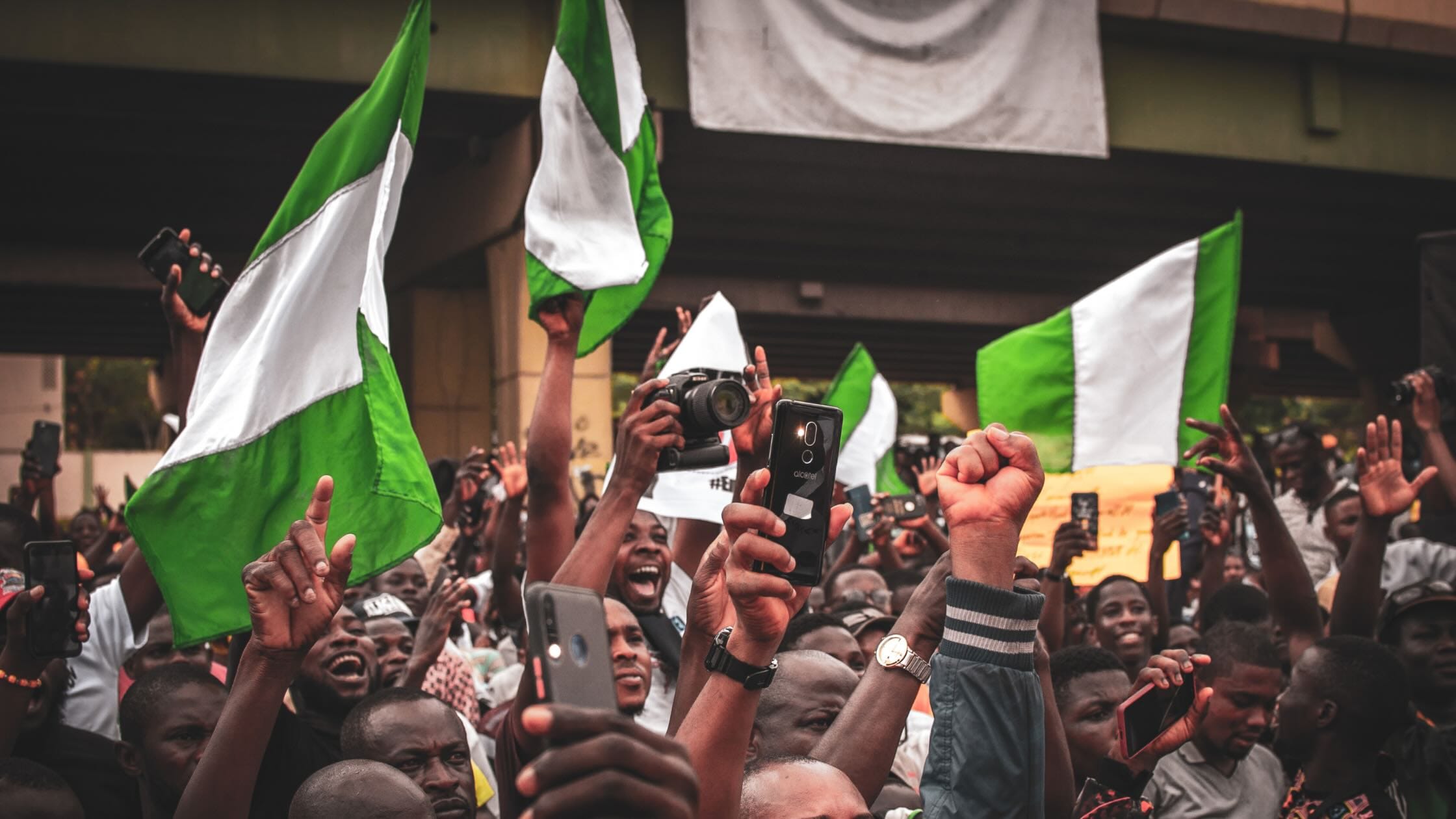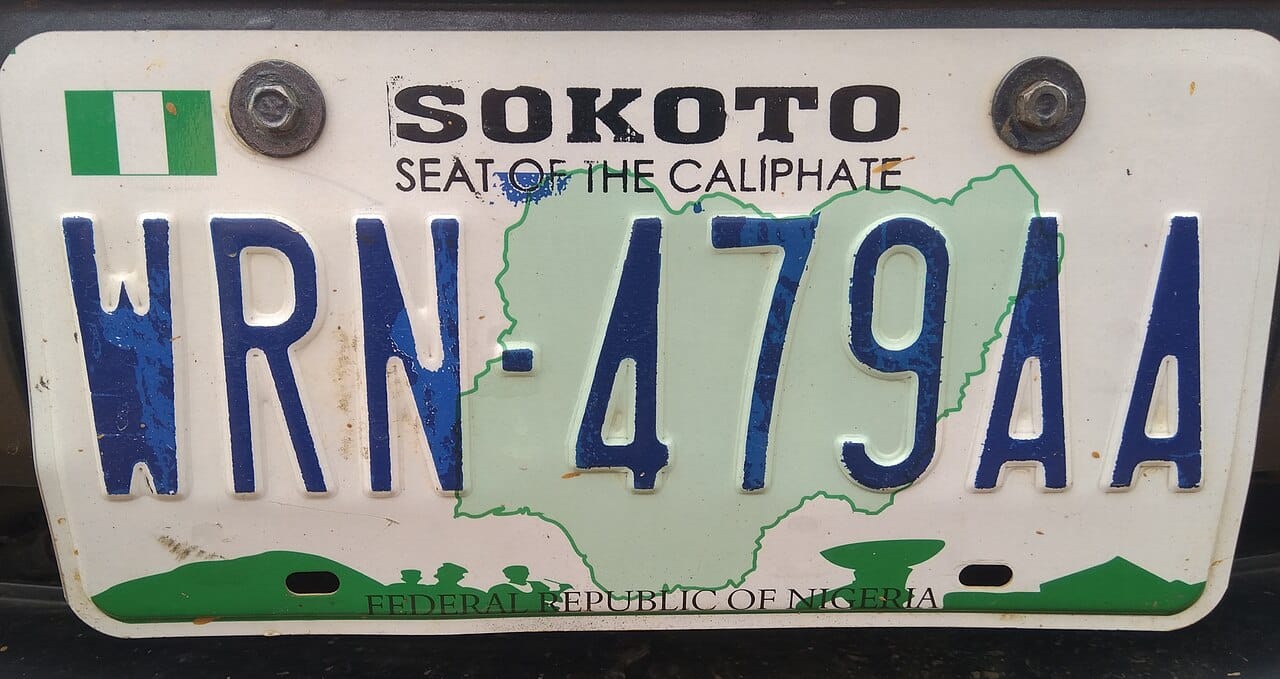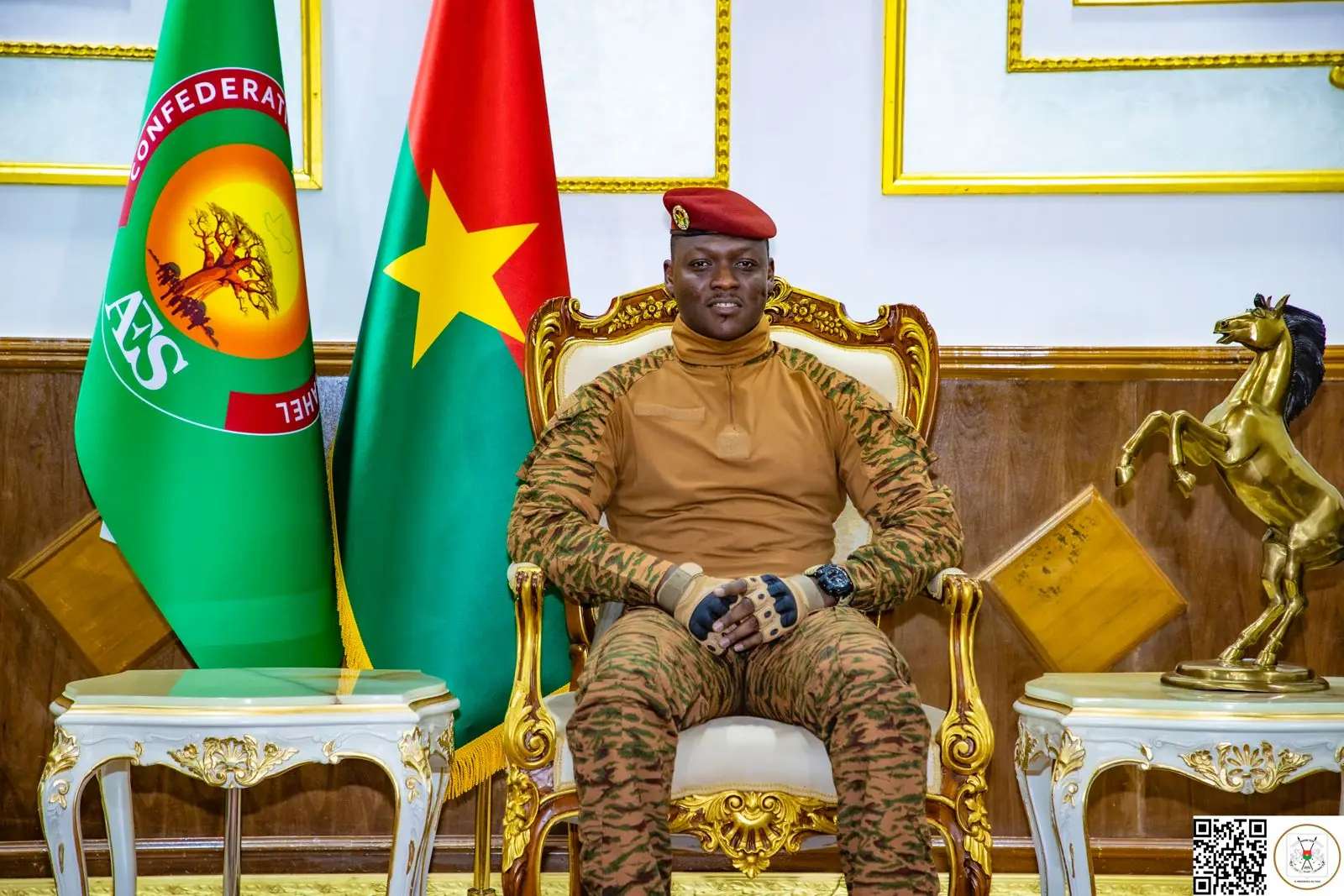A social media post from a world leader can sometimes bring attention to a forgotten crisis. In late 2025, President Donald Trump did just that, threatening to cut off all aid and enter Nigeria “guns-a-blazing” if the government continued to “allow the killing of Christians.” The post created a significant shift in international diplomacy, forcing a complex conflict in West Africa onto the global stage. It framed the crisis in stark moral terms: a religious genocide calling for Western intervention. However, the reality in Nigeria is far more complicated, rooted in a history of deep religious and ethnic divisions.
To understand the current situation, one must look to the past, as the roots of today’s violence lie deep within Nigeria’s colonial history.
A History Forged in Division
Nigeria’s modern borders largely resulted from British colonial administration, which merged the distinct Northern and Southern protectorates in 1914. The British used “indirect rule,” meaning they empowered the existing Fulani-led Sokoto Caliphate and its Islamic legal system in the predominantly Muslim north. In contrast, the south, populated by the Igbo and Yoruba peoples, experienced more exposure to Western education and Christianity. This colonial policy intentionally deepened the social, political, and religious divide between north and south, creating a fractured foundation for the independent state that emerged in 1960.
This division erupted in the late 1960s during the Biafran War. Triggered by a coup and counter-coup that escalated ethnic tensions, the predominantly Christian Igbo people in the southeast aimed to secede, forming the Republic of Biafra. The resulting three-year civil war, marked by a devastating blockade and an estimated one to three million civilian deaths from starvation and violence, left a lasting scar on the national identity. Although the secessionist movement was defeated, the underlying issues of marginalization and mistrust among communities never fully healed. This historical context sets the stage for today’s violence; it is not the direct cause, but it has created fertile ground for current conflicts.
The Modern Mosaic of Violence
All the views and opinions are those of the author. Image Credit: Chika Esiobu PhD.
About the Author
Jaiee Ashtekar holds a bachelor’s degree and a master’s degree in political science from the University of Mumbai. She holds a post-graduate diploma in international relations from the University of Strathclyde, United Kingdom (UK). She has done projects titled “Kashmir through Political Perception” and “Water issues between India and Pakistan.”



